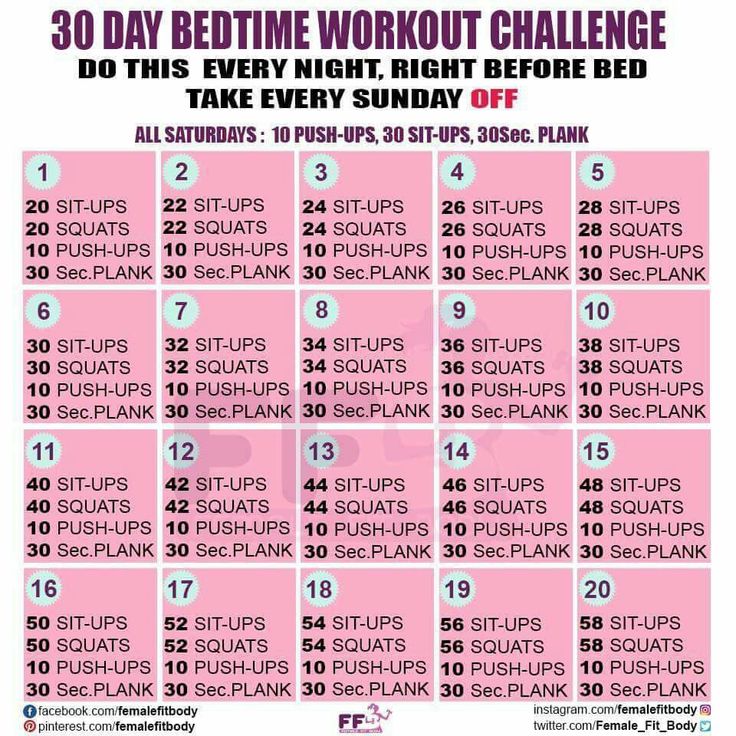
You've found the right place if you are looking for a Mediterranean diet to lose weight. This plant-based, non-restrictive diet is packed with health benefits. You can eat any food you want, even poultry and fish. The Mediterranean diet is a great way to lose weight, whether you are looking for a healthy plan or just a few extra pounds.
Mediterranean diet helps you lose weight
You might have heard of the Mediterranean diet and wondered if it can help you lose weight. The Mediterranean diet is not restricted in calories, which is a major advantage over other diets. Although you might not be aware, this diet is high in omega-3 fatty acid, which is important for your heart health. The Mediterranean diet is also effective at losing and maintaining weight. If you eat in the right way, it is possible to lose weight and not gain unwanted weight.

It's a plantbased eating plan that includes fish and poultry as well as dairy.
The Mediterranean diet is a combination of plant-based foods and moderate amounts fish, poultry, or dairy. The diet focuses on eating three meals and one snack per day. You may lose weight by eating lots of fruits, vegetables, and nuts. Moderate amounts of poultry, fish, and moderate amounts of meat, are also good options. Moderate amounts of wine can be enjoyed as a key component of a Mediterranean-style diet.
It reduces your risk of heart disease
The study was published in Nutrition. It examined whether the Mediterranean diet reduces the risk of developing coronary heart disease. The disease's risk of death was calculated using proportional danger models, adjusted for age and gender. The results revealed that the Mediterranean diet had a 27% reduction in the risk of developing heart disease. Researchers concluded that a Mediterranean diet may delay or prevent heart disease. This study adds to previous research that has shown that a Mediterranean-style diet may decrease the risk of developing cardiovascular disease.
It is flexible and unlimited
The Mediterranean diet is good for weight loss and longevity. Although this diet does have some drawbacks, the benefits outweigh these shortcomings. It does not have any strict guidelines on portion sizes or food choices, but it encourages moderate eating and a low-calorie diet. The Mediterranean diet is a great option for those who are looking to lose weight but not sacrifice their daily lives.

It is linked to healthy aging
Researchers have shown a connection between Mediterranean diet and healthy aging. Research has shown that Mediterranean-style eating habits are less likely to lead to cognitive decline or frailty in older adults. Combining fasting, calorie restriction, and exercise may increase the benefits of the Mediterranean diet. This diet can help you lose weight and prevent premature death.
FAQ
Is there a difference in intermittent fasting and calorie restrictions?
Calorie restriction means eating less calories than your body requires. Intermittent fasting differs from other types of intermittent fasting in that it does not restrict calories. Instead, the emphasis is on eating fewer calories each day.
Intermittent fasting is more effective because it allows you to enjoy foods you love without feeling guilty.
Both methods have pros and cons. You have to decide which method you prefer.
Are there any side effects of intermittent fasting?
Intermittent fasting doesn't have any known side effect. If you don't plan well, you may experience minor issues.
For instance, if breakfast is skipped, you might feel uneasy all day. It is possible to experience headaches and muscle cramps.
These symptoms usually disappear within a few days.
Why exercise is so important to your weight loss goals
The human body can be described as an amazing machine. It was created to move. Whether we are walking, running, swimming, biking, lifting weights, playing sports, dancing, jumping rope, riding our bikes, or just standing still, moving our bodies helps us stay healthy.
Exercise burns calories and improves muscle tone. This will make you feel healthier both mentally and physically. Many people have heard the phrase "exercise is important to weight loss." But what does it do?
-
Exercise can increase metabolism. When you're active, your body will use energy. When you move, your heart beats quicker, blood flows to your muscles, oxygen is absorbed by your lungs, and blood flows faster to your muscles. All of these activities are energy-intensive. Your metabolic rate increases, which means you'll burn more calories while exercising. You can calculate how many calories your body burns by doing physical activity.
-
Exercise reduces appetite. When you work out, you will naturally eat less calories.
-
Strength is built through exercise. Muscle tissue takes more energy to work than fat tissue. You will be able to lose weight if you have more muscle mass.
-
Exercise releases endorphins. Endorphins can make you happy. They are released into your bloodstream when you exercise. Endorphins are known to block pain signals from your brain. This can give you a sense of well-being.
-
Exercise increases self-esteem. Exercise regularly leads to higher self-esteem. This leads to healthier lives.
You can lose weight by making small changes. You can add one of these tips into your daily life today.
Statistics
- According to Harvard Health, it's estimated that a 155-pound (70-kg) person burns roughly 112 calories per 30 minutes of weight training (5). (healthline.com)
- According to Harvard Health, it's estimated that a 155-pound (70-kg) person burns around 167 calories per 30 minutes of walking at a moderate pace of 4 mph (6.4 km/h) (5). (healthline.com)
- Among women, the increase in metabolic rate was nearly 4%, or 50 more calories per day (14Trusted Source (healthline.com)
- According to a study sponsored by the American Council on Exercise, a person weighing around 140 pounds (64 kg) would burn 108 calories at a 30-minute beginner's Pilates class or 168 calories at an advanced class of the same duration (26). (healthline.com)
External Links
How To
How to quickly lose belly weight?
It's not easy to lose belly weight. It takes dedication and hard work. These tips will help you achieve your goals.
-
Eat Healthy Food. Eating healthy food is very important. Ensure that you eat foods like fruits, vegetables, whole grains, lean protein, low-fat dairy products, nuts, seeds, beans, legumes, fish, poultry, eggs, olive oil, low-sugar fruits and vegetables, and stay away from junk food.
-
Drink Water. Drinking water keeps your body hydrated, making you feel full and satisfied for longer periods. Make sure you drink lots of water every day.
-
Cardio Exercises. Cardio exercises can help you lose more calories and increase muscle mass. They also boost your metabolism and improve your heart condition. You should do at least 30 minutes of cardio exercise per day.
-
Get enough sleep. Healthy sleep is essential for good health. A lack of sleep can lead anxiety and stress that can then be exacerbated by unhealthy habits like smoking and drinking.
-
Reduce Stress Levels. Stress can cause changes in brain chemistry and hormonal levels. Cortisol is a hormone that causes stress to increase hunger pangs and increases cravings for high-calorie food.
-
Take regular breaks. Take frequent breaks throughout the day. Take a break and go outside to walk or take a nap. This gives your body and mind time to relax.
-
Avoid Alcohol Consumption. Alcohol contains empty calories and slows down digestion. You should avoid alcohol if your goal is to lose belly fat.
-
Have Fun